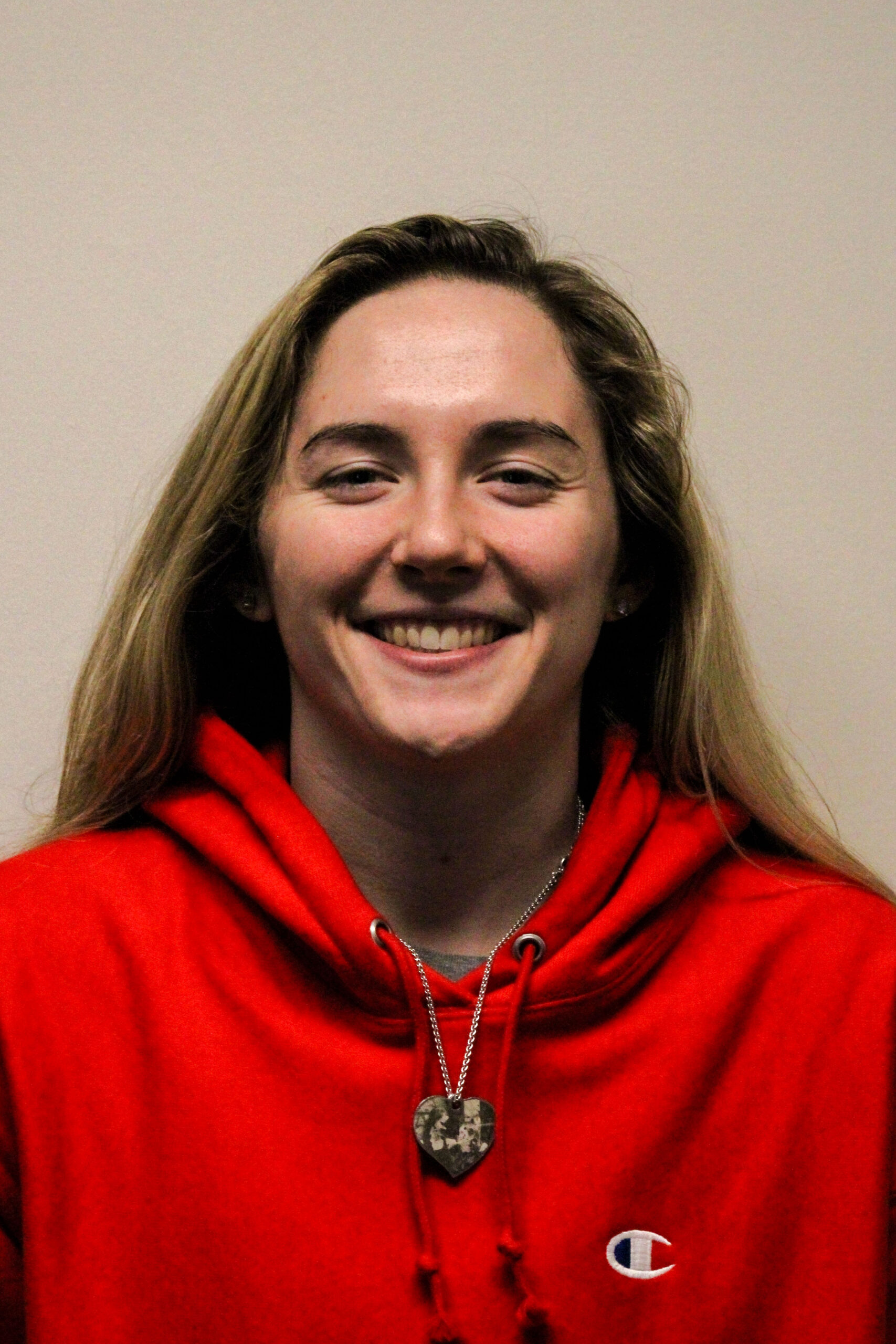Growing up, I had a friend named Tucker. We met at church, and he was quickly known for his love of adventure, nature and his curious inquisition into the logistics of religion that far surpassed many other kids our age.
"We have fire extinguishers not because we want to light our house on fire."
— Zion Neat
After two separate treatment stents, Tucker stabilized and began training for a triathlon in September. The race week was particularly stressful, so he tried meditation and breathwork, but to no avail. He purchased another Percocet pill hoping to relieve his anxiety and stress privately.
On Sept. 23, Tucker died due to a fentanyl overdose from a laced Percocet pill.
I didn’t keep up with Tucker much after high school, but his life undoubtedly impacted mine from the moment he came into it. His substance use disorder did not define the way he loved and cared for everyone in his life.
Substance use has become stigmatized in a way that is harmful to not only the users themselves, but to the friends and family who the addiction could also impact.
Judgment, excessive criminalization, misunderstanding of medications, barriers to treatment and a severe overlap with mental health are all contributors to the negative stigma surrounding substance use disorders. Studies by the Substance Abuse and Mental Health Services Administration found many of those impacted by substance use disorders have even neglected to find help at all due to fear of rejection or shame associated with drug usage
Because of Tucker and thousands of other fentanyl victims, we must have hard conversations and provide individuals with the resources and information necessary to save another life or their own.
NaloxBoxes, a tool provided by Overdose Lifeline, are free Narcan distribution boxes that can be installed in public settings. Narcan is an opioid overdose reversal that is administered in the form of a nasal spray and does not carry any potential for harm.
Although the presence of NaloxBoxes on college campuses is relatively recent, therefore not boasting much official data yet, the data that we do have from the CDC is that approximately 83,000 people suffered an opioid-involved drug overdose death in 2022.
Fentanyl is an easily accessible powder that can not be seen, tasted, or smelled, and has begun to circulate. It’s hidden in the form of prescription drugs, such as Percocets, Xanax or Oxycontin — something which college campuses are sadly no stranger to. Upon exposure to a lethal amount of fentanyl, you have four to eight minutes before permanent brain damage can occur.
This is why access to Narcan and awareness of overdose symptoms is so important.
We have fire extinguishers not because we want to light our house on fire; we wear seat belts not because we want to get in car accidents; and those with allergies carry an EpiPen not because they are looking to consume what they are allergic to. This is the same view we need to have with Naloxone.
Drug users are not more inclined to use the drugs because they have Narcan; they will use it regardless.
I understand and acknowledge the stigmas that may arise with providing something like this on a college campus. However, it is counter-productive and harmful to pretend that merely advising against something is enough to eliminate the risk of a preventable tragedy.
NaloxBoxes are already helping save the lives of students across the country. A student at Brown University was experiencing an overdose and was thankfully administered Narcan from her campus NaloxBox.
In September of the fall semester, I began attempting to have these Naloxboxes installed on campus. I was given many different people to contact, asked to write proposals and give statistics.
Despite offering to be responsible for stocking these NaloxBoxes with Narcan provided free from Overdose Lifeline, the administration still sidelined the idea, pushing back meetings time and time again with the excuse that they were trying to get all the right people involved. I know this is not a small decision, but it is one that can be resolved promptly.
If one single life is saved on our campus as the result of a free, minimally-invasive product, then we have more than justified the means required to make this happen.
If no one on our campus is put in the position to require Narcan administration to prevent their death, then we can count ourselves as blessed to have been over-prepared just in case.
It only takes one moment and one pill for a tragedy to occur.




